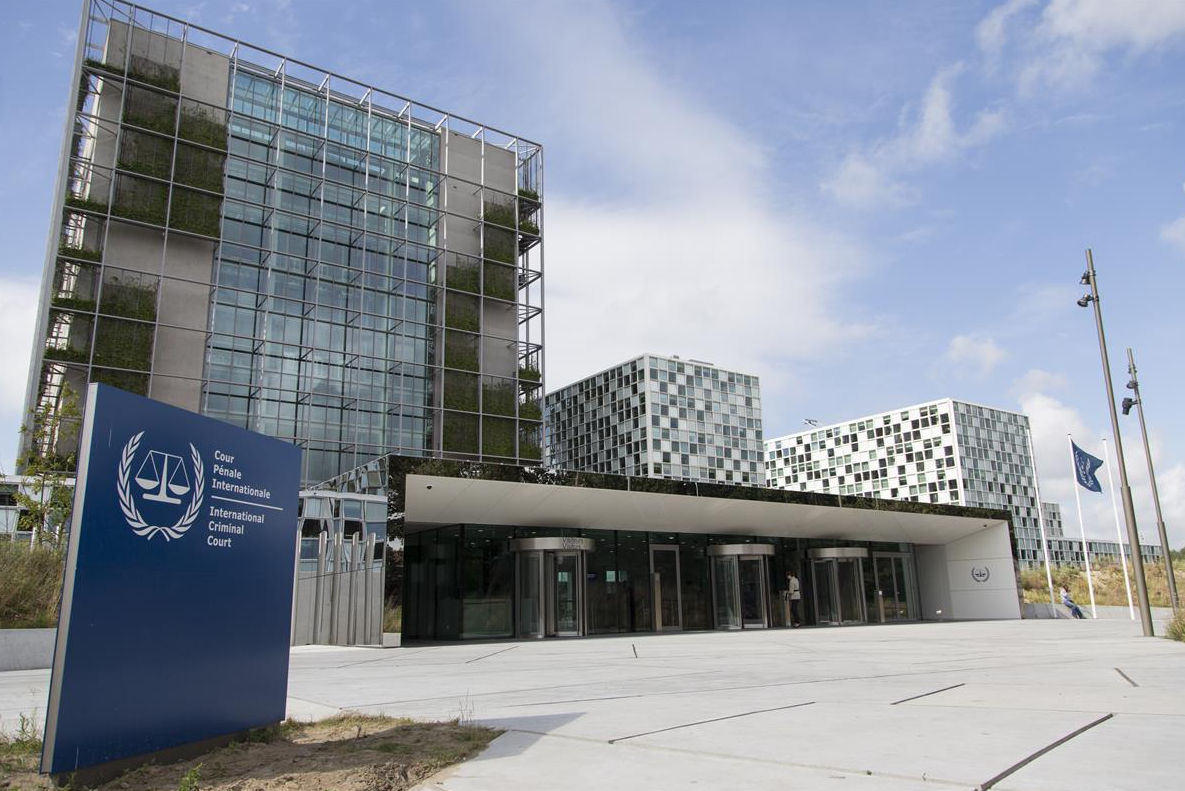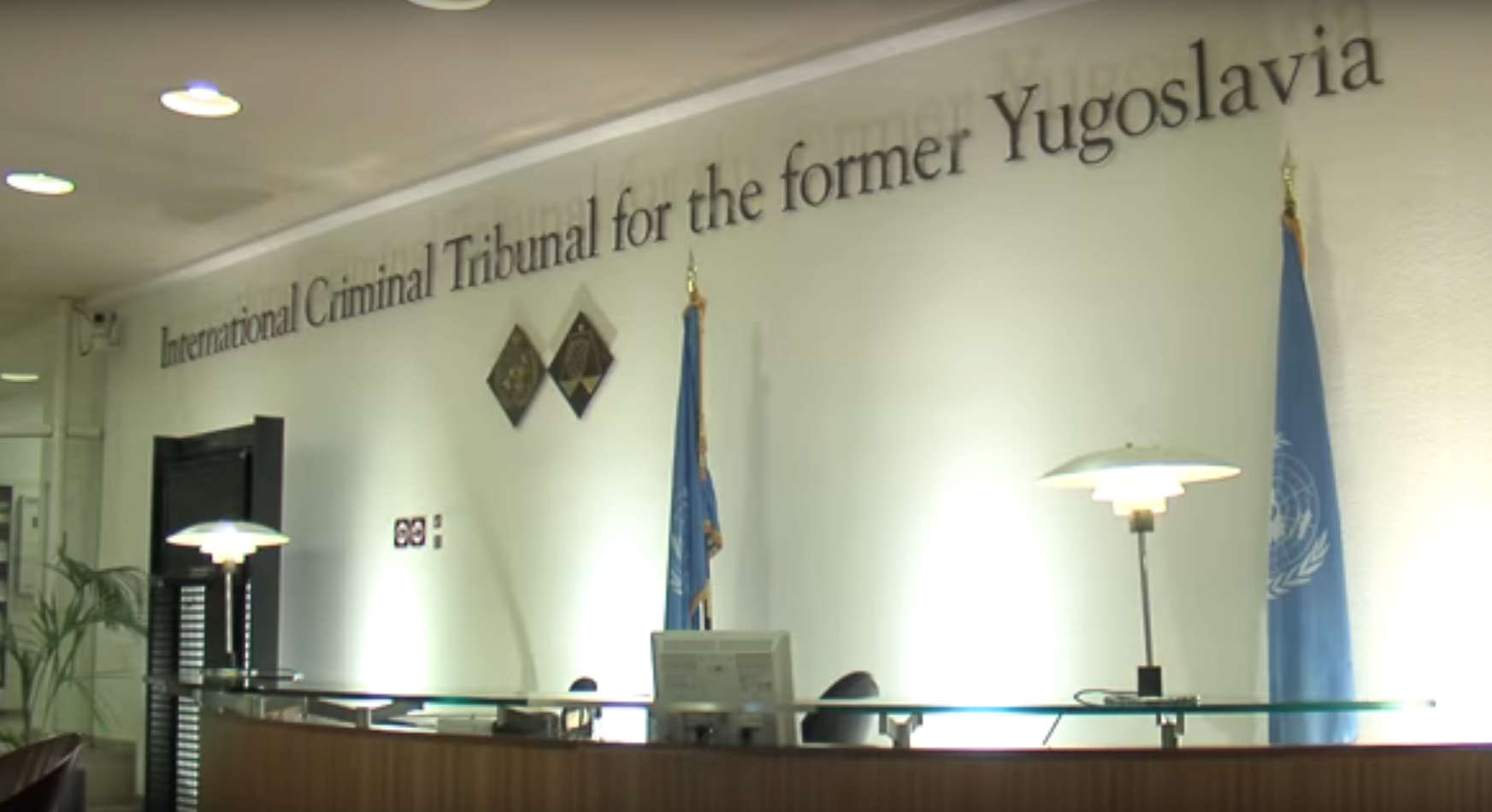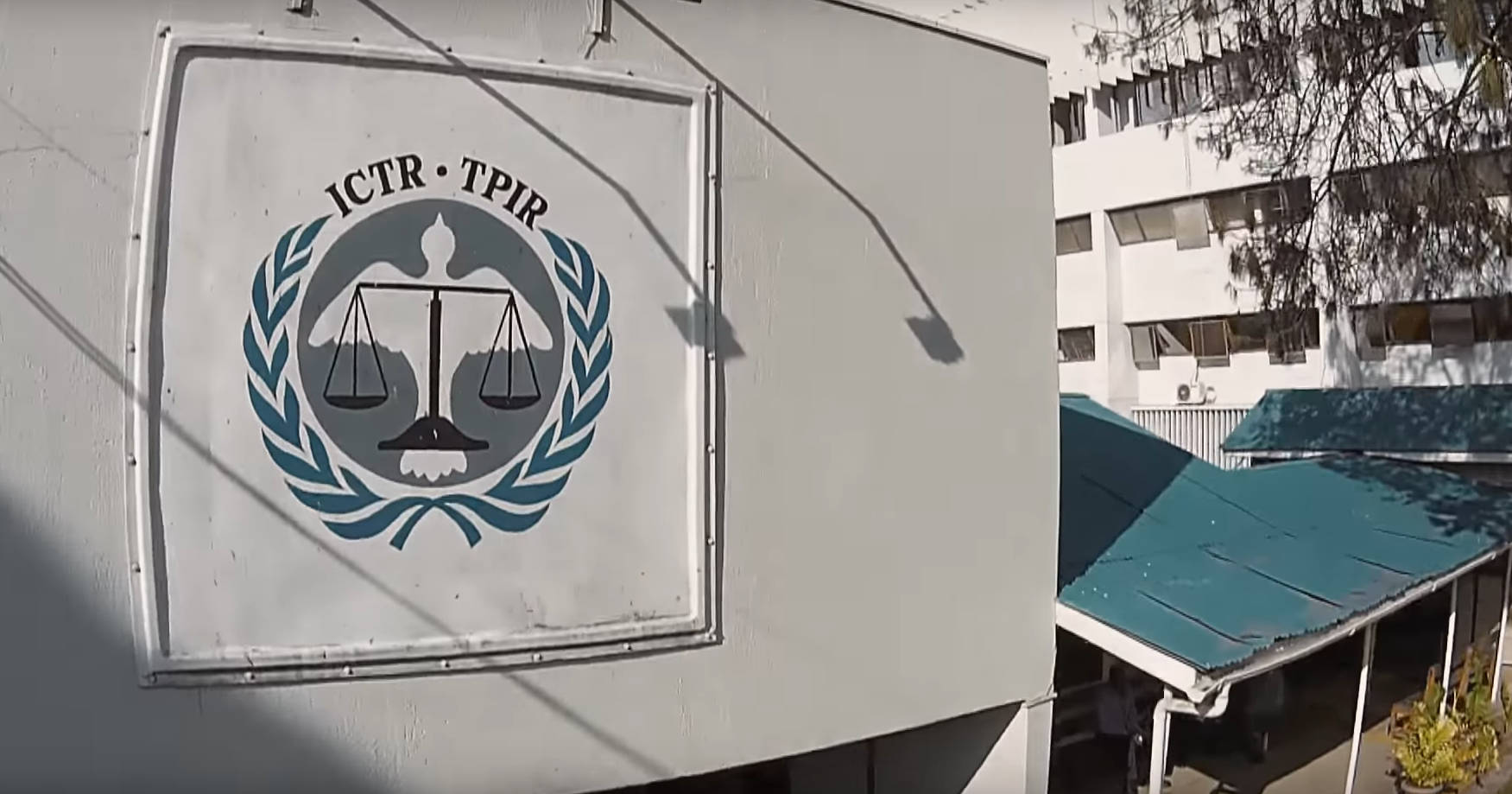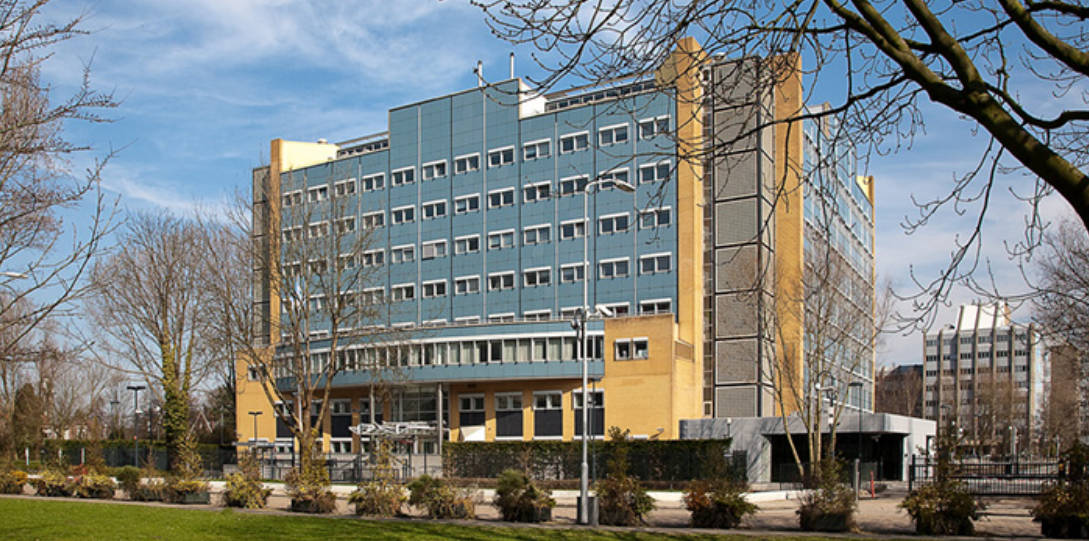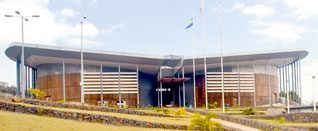What is International Criminal Law?
International Criminal Law punishes individuals responsible for committing certain crimes, such as war crimes, crimes against humanity and genocide. Usually, states can only prosecute crimes committed within their jurisdiction through their own domestic justice system. However, states can agree to subject their own citizens to justice by other forums through the state’s signing of international treaties. States do so because they recognize that they have an interest in preventing international crimes, which can be a threat to world peace despite the fact that these crimes are often committed within national borders.International Criminal Law vs International Human Rights Law
An act may be both an international crime and a violation of international human rights law. However, a distinction has to be drawn between the two even though they often overlap. While international criminal law punishes responsible individuals, international human rights law imposes obligations on states to provide and safeguard the rights of individuals living within their borders. The differences between the two are summarized in the table below.|
International Criminal Law |
International Human Rights Law |
|
|
Remedy |
Perpetrator being prosecuted |
States have an obligation to ensure that there is a remedy for the victim. If a state fails to provide such, the victim may seek redress from the state |
|
Forum |
Domestic or international court |
UN Commission of Inquiry, UN Human Rights Council, other UN committees |
|
Standard of proof |
High: Beyond reasonable doubt (evidence has to be collected and preserved in a way to ensure its reliability) |
Moderate: Reasonable grounds to believe that the alleged incidents occurred |
Where is International Criminal Law Applied?
1. International Criminal Court
The ICC is the main forum applying International Criminal Law. It was established by the Rome Statute of the International Criminal Court (often referred to as the International Criminal Court Statute). The Rome Statute governs the jurisdiction and functioning of the ICC.
|
*For the crime of aggression, ICC has jurisdiction once a provision is adopted in accordance with Article 121. Article 123 defines the crime and setting out the conditions under which the ICC shall exercise jurisdiction with respect to this crime. |
Situation 1
|
2. International tribunals
Special tribunals may be created by the UN Security Council to deal with specific crimes within a particular territory for a certain period of time. There are currently 5 international tribunals in existence:3. Hybrid courts
Created within a state’s criminal justice system, hybrid courts apply both domestic law and international law. These courts are generally set up in the post-conflict or transition period to address past crimes. For example, this model was used in the post-war Bosnia Herzegovina.4. Domestic courts
To prosecute international crimes in domestic courts, states generally have to pass new laws which allow such prosecution within a domestic system.Reference
Morgane Landel. “Training Guide: International Criminal Law for Syrian Human Rights Defenders.” Euromed Rights, 2015. https://euromedrights.org/wp-content/uploads/2015/12/EuroMed-Rights-TTK-Syria-ICL-EN.pdf

